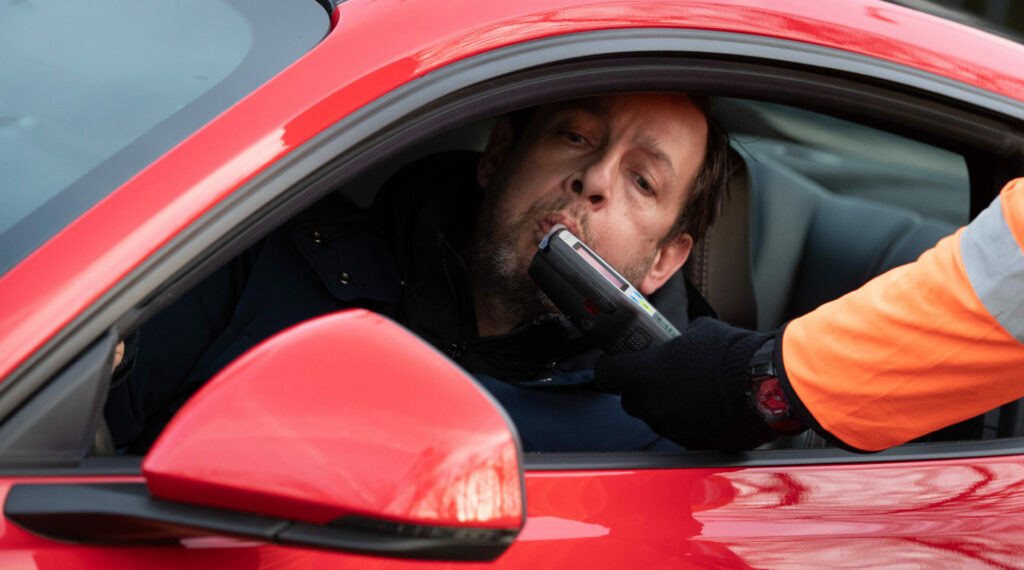Police in Belgium are going to check more strictly for drug-driving, as the checklist of symptoms to decide whether to submit someone to a saliva test is being greatly expanded.
Police officers use a checklist to decide whether to take a saliva test, which lists a number of signs that could indicate drug use.
"These include, for example, appearing confused, dilated pupils or a dry mouth. If someone meets three of those signs, we can proceed to take a saliva test," An Berger, a spokesperson for the Belgian police, told Het Nieuwsblad.
On the initiative of outgoing Mobility Minister Georges Gilkinet (Ecolo), experts have now significantly expanded this checklist. As officers can now check for a greater number of symptoms, they can proceed more quickly to a drug test. Additionally, when drugs are found in the car, police can immediately proceed to take a saliva test.
New procedure
Drivers who are caught risk fines that can exceed €1,600 as well as an immediate driving ban, and have to appear before the police court. "That immediate revocation of the driving licence happens very often, but not always," Berger said.
In addition to more drug checks, there will also be a new procedure to check whether a driver is under the influence of synthetic drugs or nitrous oxide (also known as laughing gas). Such drugs cannot yet be detected through a saliva test.
When an officer suspects that a driver has taken drugs that cannot be detected by a normal drug test, they can make a report on the driver's appearance and behaviour. For example, they can test whether a driver can walk straight across a white line. That report can be used as evidence in court, even if a saliva test cannot prove drug use.
Related News
- Driving on drugs: Foreign nationals face on-the-spot fines of €1,260
- Road users involved in traffic accident must now undergo compulsory drug test
With these stricter rules, Gilkinet also closed a loophole that ensured that international drivers caught using drugs were not punished (because they did not pay their fines after being caught in Belgium). From now on, when they are caught using drugs, they have to pay a deposit of €1,260. If they do not pay that deposit, the police will confiscate their vehicle.
The stricter measures are expected to ensure that more drivers will be caught. According to Gilkinet, an average of 36 drivers are already caught every day.

